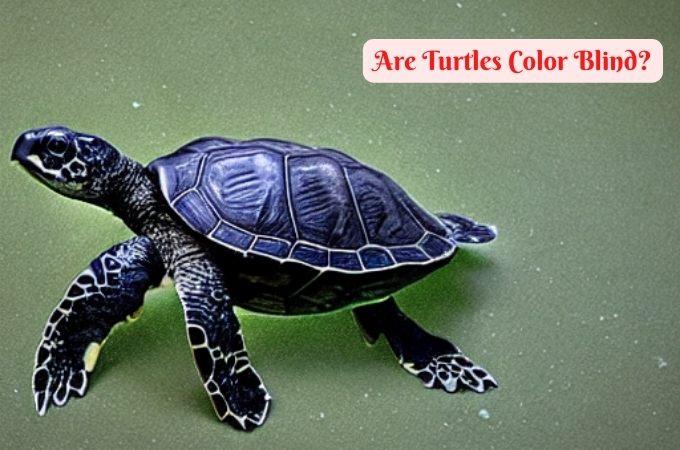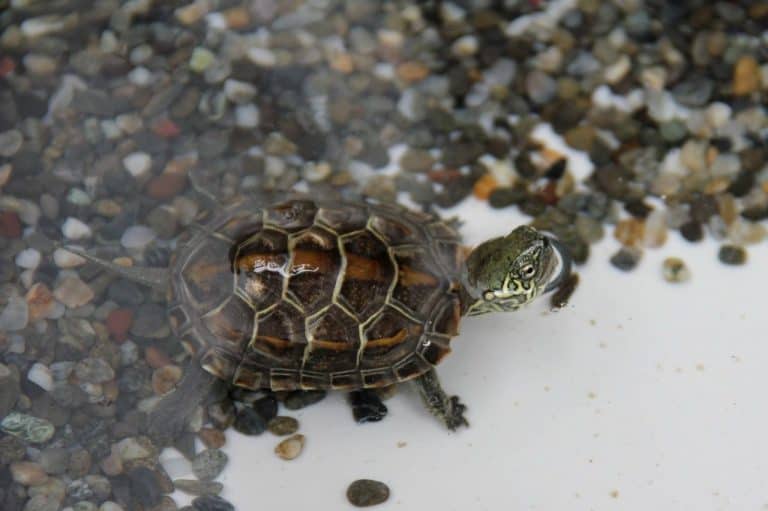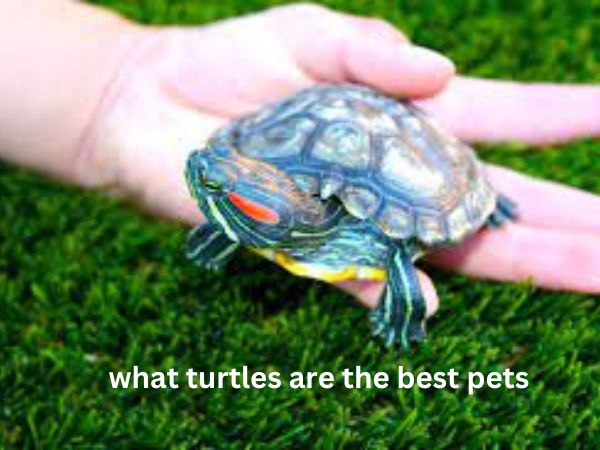How To Know If Your Turtle Is Happy? [7 Easy Signs]
Today we discuss How To Know If Your Turtle Is Happy. Turtles are fascinating creatures that make great pets for reptile enthusiasts. As a responsible turtle owner, it’s important to ensure that your pet is healthy and content in its environment.
In this blog post, we will explore the signs that indicate whether your turtle is happy. By understanding these cues, you can make adjustments to their habitat and care routine to ensure their well-being and happiness.
7 Signs That Tells Your Turtle Is Happy:
1. Active and Alert Behavior
When assessing your turtle’s happiness, observe their behavior closely. A happy turtle will be active and alert, showing curiosity about their surroundings.
They will swim around their tank or bask under their heat lamp, displaying a sense of engagement with their environment.
If your turtle appears lethargic or unresponsive, it may be a sign of stress or illness.
2. Healthy Appetite
A key indicator of a happy turtle is a healthy appetite. Turtles are known for their voracious appetites, eagerly consuming their food during feeding times.
If your turtle is actively seeking out food and eating well, it is a positive sign that they are content. On the other hand, a loss of appetite could signal underlying health issues or stress.
3. Basking and Diving Behaviors
Turtles require a basking area in their habitat to regulate their body temperature and absorb UVB rays. A happy turtle will frequently bask under their heat lamp or sunbathe on a rock, demonstrating their natural behaviors.
Also, turtles should engage in diving activities, exploring the water and swimming around energetically. These behaviors indicate that your turtle feels secure and comfortable in their environment.
4. Clear Eyes and Vibrant Coloration
The physical appearance of your turtle can also provide insights into their well-being. Happy turtles will have clear eyes that are alert and free from discharge.
Their shell should exhibit vibrant coloration and patterns, indicating good overall health. Conversely, dull eyes, shell discoloration, or visible injuries may indicate stress or inadequate care.
5. Interactive Behavior
While turtles are not typically considered social animals, they can exhibit interactive behaviors with their owners.
A happy turtle may swim towards you when approached, recognize feeding times, or show curiosity towards objects outside their tank.
By establishing a bond with your turtle through positive interactions, you can foster their happiness and mental stimulation.
6. Clean Habitat and Proper Care
Maintaining a clean and well-equipped habitat is essential for the happiness of your turtle. Regularly clean the tank, provide proper filtration, and ensure adequate UVB lighting and heating sources.
Turtles thrive in environments that mimic their natural habitat, so incorporating plants, rocks, and hiding spots can enhance their well-being. By meeting their physical needs, you create a conducive environment for a happy and healthy turtle.
7. Veterinary Check-ups and Monitoring
Regular veterinary check-ups are crucial for monitoring the overall health of your turtle. A veterinarian experienced in reptile care can assess your turtle’s condition, guide diet, and habitat maintenance, and address any health concerns promptly.
By staying proactive about your turtle’s well-being and seeking professional advice when needed, you can ensure that they lead a happy and fulfilling life in captivity.
conclusion:
understanding the signs of a happy turtle is essential for promoting their well-being as a pet. By observing their behavior, appetite, physical appearance, and interaction with their environment, you can gauge whether your turtle is content and thriving. Remember to provide a stimulating environment, proper nutrition, and regular veterinary care to support your turtle’s happiness. By prioritizing their welfare, you can enjoy a rewarding relationship with your beloved shelled companion.





